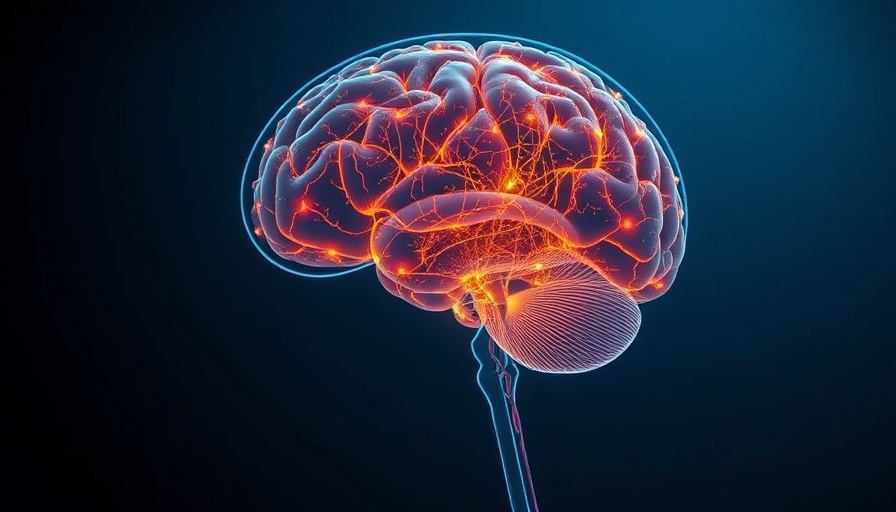
Understanding the Connection Between Cellular Health and Well-Being
Recent studies are uncovering exciting correlations between cellular markers and physical well-being. One pivotal study published in Aging Cell sheds light on how the health of skin fibroblasts relates to our overall functional abilities. This research could change how we understand aging and health, particularly in the context of frailty and intrinsic capacity.
The Role of Skin Fibroblasts in Aging
Skin fibroblasts are specialized cells that significantly contribute to the structure and function of skin and other tissues. They play essential roles in immune responses and metabolic regulation. By studying these cells, researchers can gather valuable insights into the aging process since they can be easily sampled and cultured. The recent study demonstrated that as people age, the proliferation rate of these fibroblasts decreases, and markers of DNA damage increase, hinting at a connection between cellular aging and our overall health.
Frailty and Intrinsic Capacity Explained
The World Health Organization defines frailty as a state of reduced strength and endurance, leading to increased health risks. Intrinsic capacity refers to the collective functional attributes defining one’s overall health. Understanding these metrics is key to assessing health status beyond mere chronological age. By correlating cellular markers with intrinsic capacity, we can potentially develop better strategies to address aging-related health issues.
Key Findings and Their Implications
This study involved skin samples from 133 individuals aged 20 to 96. It noted some biomarkers were unexpectedly strong predictors of health and aging. Interestingly, while many conventional aging markers showed no significant correlation with chronological age, some linked strongly to functional ability. This points to a fascinating gap in our understanding that could lead us to more personalized health strategies.
Actionable Insights: What We Can Do
For individuals looking to maintain their health as they age, understanding the significance of cellular health can lead to actionable strategies. Regular exercise, a balanced diet rich in antioxidants, and stress management techniques can positively influence cellular function and, in turn, overall health. Engaging in activities that promote cellular vitality could be beneficial not just for extending life but enhancing the quality of life.
By embracing this new understanding of health, individuals can empower themselves to make choices that enhance their physical and functional well-being. After all, the journey towards better health is best approached with knowledge and a proactive mindset.
 Add Row
Add Row  Add
Add 




Write A Comment